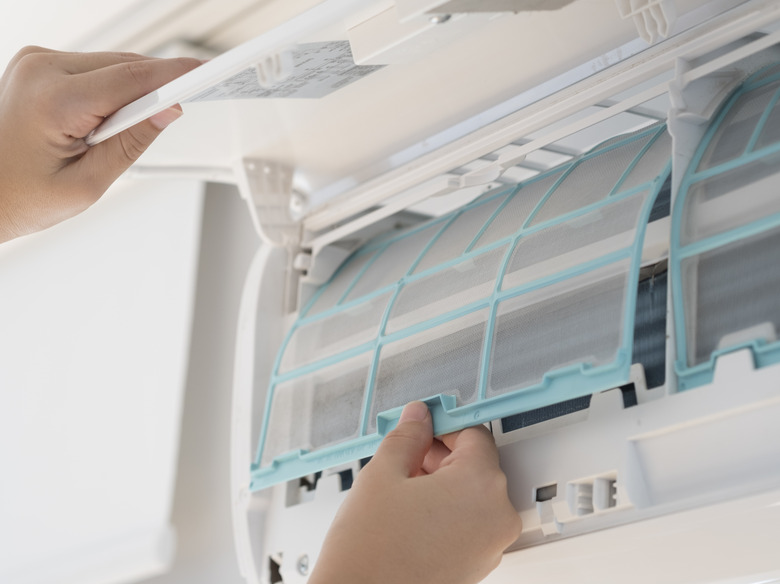How Do Air Scrubbers Work?
Basics
Basics
Air scrubbers remove pollutants from air or smokestacks. Industrial scrubbers are divided into two categories, wet scrubbers and dry scrubbers.
Both act in the smokestack and often use limestone, which chemically is a base, as a key ingredient because it reacts with sulfur dioxide and other acidic pollutants. Other chemicals, such as activated alumina which neutralizes hydrogen chloride gas, can be included to target other pollutants.
Wet Scrubbers
Wet Scrubbers
Wet scrubbing can clean air, flue gas or other gases. A mixture of water and limestone, or other specifically targeted chemicals, is sprayed into the smokestack. The mixture, or slurry, goes through a nozzle, or the polluted gas can be directed through a tube packed with the mixture. The scrubber can use water alone if the object is simply to remove dust particles.
As the gases come in contact with the slurry, dust particles of many pollutants adhere to the water. They fall to the bottom of the stack where they can be removed. Sulfur dioxide, one of the most harmful pollutants, reacts chemically with the limestone and is trapped inside the particles, which can be filtered out. Additional chemicals can be added to the spray solution to remove other pollutants. Some water vapor escapes from the smokestack, causing the characteristic white plumes.
Dry Scrubbers
Dry Scrubbers
Dry scrubbers also use limestone and additional chemicals if necessary, but with little or no moisture.
The mixture is sprayed into the smokestack or the polluted gas is forced through a system where it comes in contact with the mixture, which has been atomized. The sulfur dioxide or other pollutants react with the limestone and any additional chemicals, forming larger particles. The gas carrying the particles is then forced through a filter, removing the particles and attached pollutants. The filter, usually a large bag, also removes dust particles which can contain other pollutants. Dry scrubbers are used primarily with combustion sources, but they are also used in waste water treatment plants to remove noxious odors.
Some material removed from a scrubber is contaminated and must be disposed of safely. Other materials can be recycled into new products, such as artificial gypsum used in drywall.
References
Cite This Article
MLA
Cole, Richard. "How Do Air Scrubbers Work?" sciencing.com, https://www.sciencing.com/how-does-6167287-do-air-scrubbers-work-/. 1 April 2010.
APA
Cole, Richard. (2010, April 1). How Do Air Scrubbers Work?. sciencing.com. Retrieved from https://www.sciencing.com/how-does-6167287-do-air-scrubbers-work-/
Chicago
Cole, Richard. How Do Air Scrubbers Work? last modified March 24, 2022. https://www.sciencing.com/how-does-6167287-do-air-scrubbers-work-/
